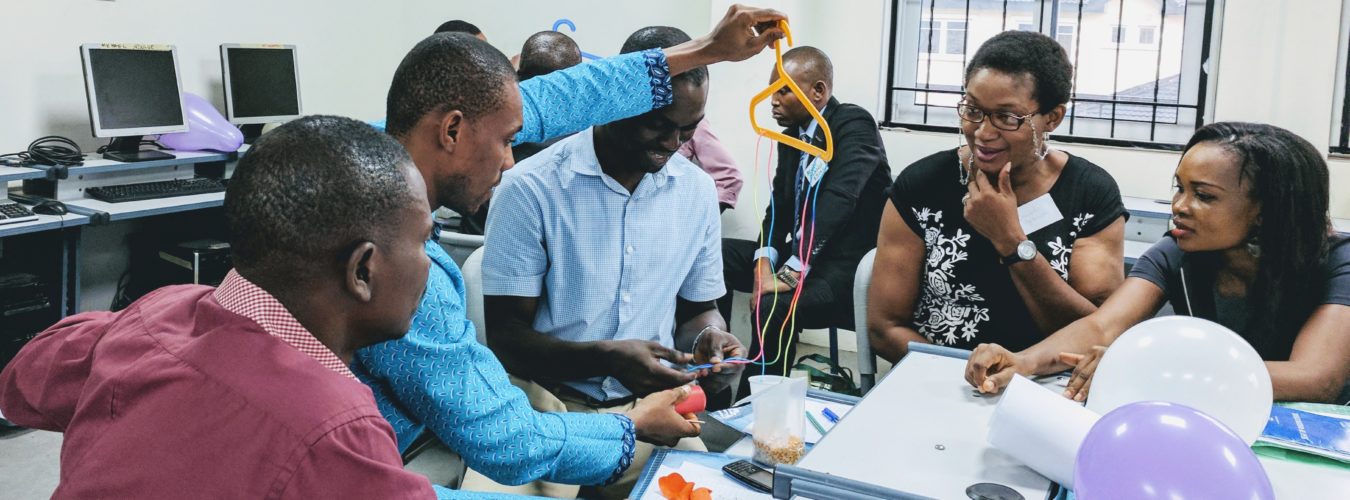Lee Hsien Loong is the son of the most highly respected founder of Singapore, Lee Kuan Yev. He has been the Prime Minister of Singapore for 11 years, and is also the head of the People’s Action Party—which has, again, decisively won the parliamentary elections. A few years ago, however, he got into some serious trouble with Singapore’s citizens and caused a storm of comments and discussion. The prime minister talked about education. He didn’t so much “talk,” but rather “firmly expressed” to parents, in no uncertain terms, what he thought:
“Let the children have a childhood;
don’t go through textbooks with them before they go to school,
do not teach them to read, write, and all the things they are supposed to learn at school.
You are hurting the children,
you exclude them and make their lives miserable.
It is good for young children to play.”
Singapore is a small, young country, with a huge port, lack of natural resources, and characterised by an ambitious and hard-working society. The whole country has been skilfully working on establishing a its very strong economic position for many years.
However, the overzealous “kiasu parents” (anxiously grasping so as not to miss an opportunity) turn up the pace.
This is why the prime minister spoke.
He also took away the most important tool for turning up the pace, by banning school rankings. And that’s how he cooled the heads of hot-housing parents, by distracting them away from the rankings and directing their attention back towards the children’s need for play.
Many commentators and observers note that the society of the Far East is based on hard work and competition. In ferrying kids from one school to another, then to violin lessons and kung-fu practice, what race are we preparing children for?
On the other hand, are all the other nations so different? We do admire the achievements of the Far East. According to PISA, the international program of skills assessment in teenagers, these countries have been occupying leading positions for years. At the same time, these same studies, as well as competency diagnoses, show that the youth in these countries have trouble with solving problems, independence of thought, and creativity.
The voice of the Prime Minister of Singapore is an important voice in this debate, which is in one way or another sweeping through most societies, especially as they become more and more interrelated.
What should we focus on, given that in the increasingly global competition in the labour market, the educational policy of each country, whatever it may be, will have an impact on the lives of future adults?
On the other hand, what challenges should we prepare children for, considering that predicting the future over the next 20 years begins to present as an increasing challenge?
*
Visit
www.whybluesky.net
for lesson plans inspired by children’s questions
We welcome your feedback
—
The above is a cross-post which has been adapted from the personal blog of our CEO, Agata Wilam. Agata was on a travel mission to investigate a world of education worldwide. To read the stories she brought back, just search under the “Agata Wilam” tag.

